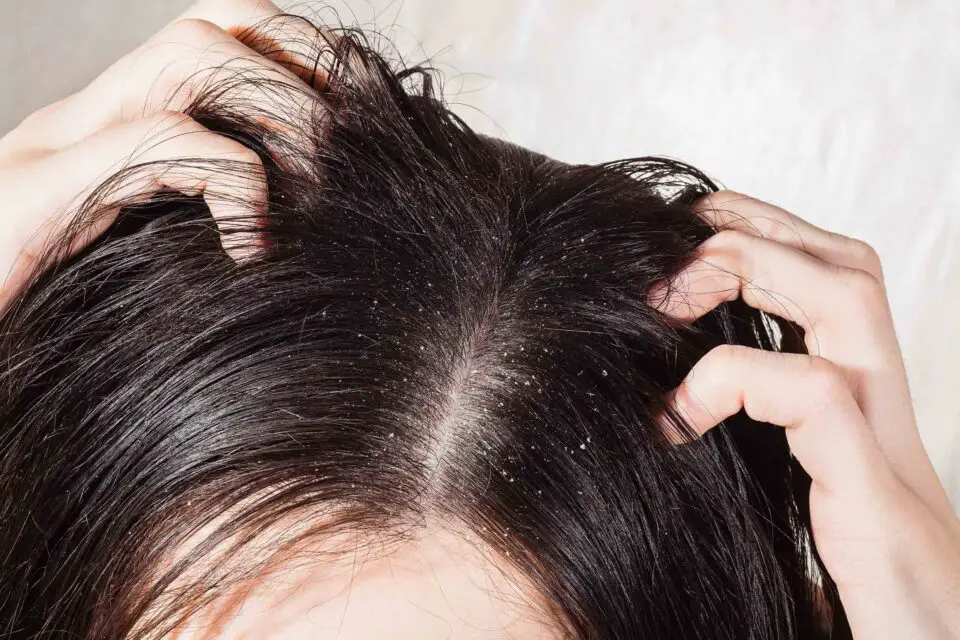Here’s what you should know about Rogaine weight gain:
Table of Contents
Topical (Over-the-Counter) Minoxidil — Rogaine
- Generally not linked to weight gain. Most reputable sources report no substantial evidence that topical minoxidil causes weight gain:
- Wimpole Clinic states: “There’s no evidence to suggest topical minoxidil will lead to weight gain” (Wimpole Clinic).
- GoodRx labels unexplained weight gain a rare side effect among many potential, but uncommon, reactions (GoodRx).
- Some rare reports of fluid retention. In very uncommon cases, topical minoxidil may cause slight weight gain due to mild fluid retention:
- The Independent Pharmacy notes: “Slight weight gain is also possible due to fluid retention… this effect is uncommon, but over weeks… an increase in body weight by a few pounds may be noticed. This reverses after stopping treatment.” (The Independent Pharmacy).
- Drugs.com also lists “weight gain (rapid)” among rare side effects of Rogaine for women (Drugs.com).
- Minimal systemic absorption. A caution from RealSelf’s forum echoes clinical consensus: topical minoxidil is minimally absorbed systemically, making weight gain unlikely (RealSelf.com).
- A Mayo Clinic overview confirms topical use is generally well tolerated and systemic side effects are rare (Mayo Clinic, Wikipedia).
** Bottom line:** If using topical Rogaine, the risk of weight gain is very low. However, if you notice unexpected swelling or weight gain, it’s wise to consult your healthcare provider.
Oral Minoxidil (Prescription-Only)
This form of minoxidil—used for hair loss or, more commonly, for hypertension—carries a higher risk of systemic side effects, including weight gain due to fluid retention:
- Commonly associated with fluid retention. Optum Perks emphasizes that oral minoxidil may cause weight gain, primarily from water and salt retention—not fat gain (Optum Perks).
- Manufacturer and clinical guidance. The Mayo Clinic advises daily weight checks: a sudden gain of 5 pounds (2 kg) or more warrants contacting your doctor (Mayo Clinic).
- Serious potential side effects. Essential Clinic notes that oral minoxidil can induce adverse effects such as pericarditis and fluid retention, requiring close medical supervision (Essential Clinic).
- Further, medical literature describes fluid retention and tachycardia as dose-dependent side effects that may occasionally lead to significant weight gain or require discontinuation (PMC).
Summary Table
| Formulation | Weight Gain Risk | Likely Cause | Notes |
|---|---|---|---|
| Topical Minoxidil (Rogaine) | Very low / Rare | Mild fluid retention | Reversible; consult if symptoms occur |
| Oral Minoxidil (Prescription) | Moderate to High | Water and salt retention (edema) | Requires monitoring; weight gain may be sudden |
What Do Real Users Say?
On social platforms like Reddit, some users report weight gain with topical minoxidil, although this is anecdotal:
“People taking minoxidil can rapidly gain up to 10 pounds of weight. This normally happens because of an increase in water retention…” (Reddit)
Take such anecdotal reports with caution and balance them with clinical evidence.
Final Thoughts
- If you’re just using topical Rogaine, weight gain from minoxidil is very unlikely, though rare fluid retention may occur in some.
- If you’re on oral minoxidil, especially for hypertension or off-label hair loss, be aware of the higher likelihood of weight gain, and ensure you’re under medical supervision.
As always, if you’re noticing persistent or concerning symptoms—especially swelling, rapid weight gain, or shortness of breath—reach out to your healthcare provider for guidance.
Are you interested in learning more about the side effects of Rogaine, the hair loss medication? If so, you are in the right place. Let’s get right to it.
READ ALSO: 2 Best Protein Bar to Lose Weight Efficiently
Possible Side Effects of Rogaine #1: Scalp Irritation

Photo Credits: HairMD
READ ALSO: 5 Potential Yohimbe Side Effects You Might Suffer